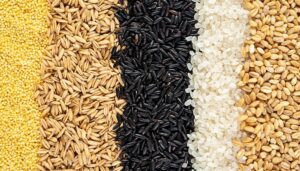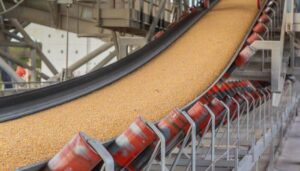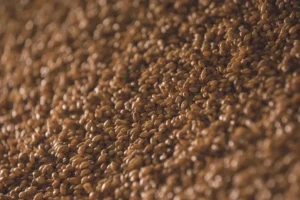
How to Choose the Best Specialty Grain Conveyor
In the world of grain handling, ensuring the careful transportation of delicate specialty grains is paramount to maintaining quality and preventing contamination. When faced with the myriad of conveyor solutions,









